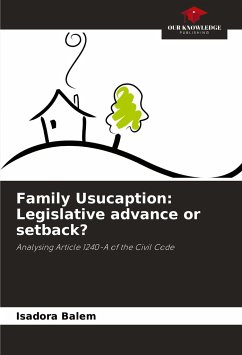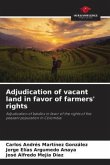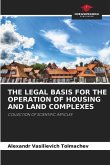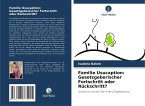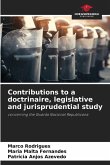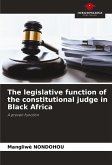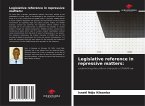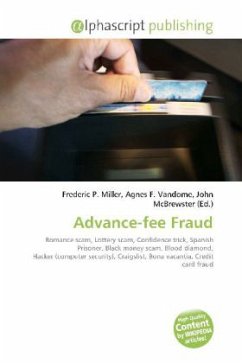This work addresses the concept of usucaption, situating it over time, as well as examining the various types of usucaption that exist in our legal system and their specific requirements. In this context, it deals mainly with the legislative innovation of article 1240-A of the Civil Code, which was incorporated into national legislation by means of provisional measure no. 514/2010, of dubious constitutionality, converted into Law no. 12424/2011, giving rise to family usucaption. The study aims to contextualise the new form of usucaption, inserted at a time of serious housing crisis in the country and arising from the need for the right to housing. Therefore, throughout this work, some of the effects of the introduction of this new form of usucaption in the current legal order are observed, taking into account certain values, such as social justice, as well as the questioning of the guilt inherent in abandoning the home. Finally, we discuss some of the many material issues that have yet to be consolidated in doctrine and case law with regard to the changes brought about by this legislative innovation.
Bitte wählen Sie Ihr Anliegen aus.
Rechnungen
Retourenschein anfordern
Bestellstatus
Storno

